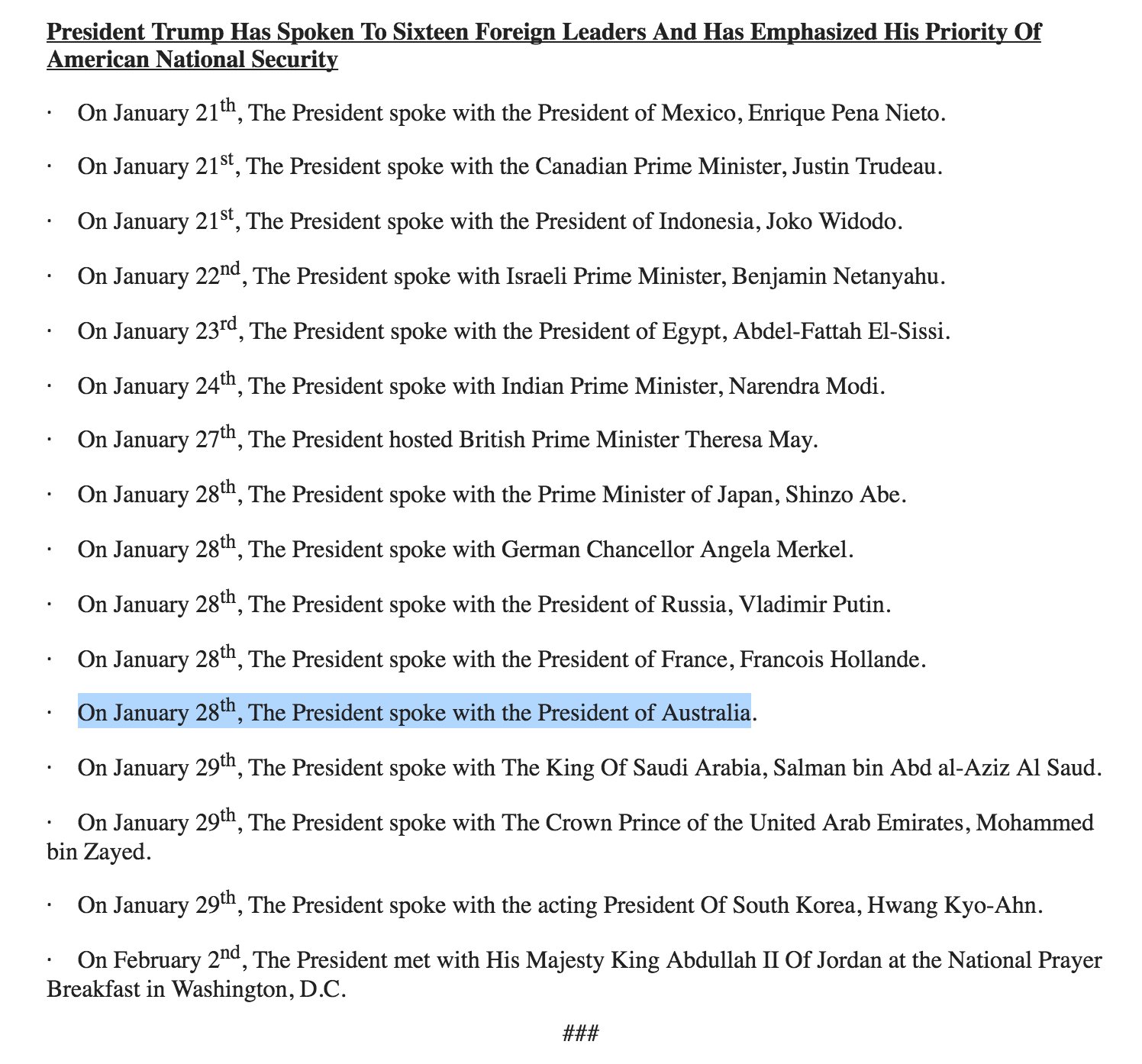Bannon's political philosophy boils down to three things that a Western country, and America in particular, needs to be successful: Capitalism, nationalism, and "Judeo-Christian values." These are all deeply related, and essential.
America, says Bannon, is suffering a "crisis of capitalism." (He uses the word "crisis" a lot—more on that later.) Capitalism used to be all about moderation, an entrepreneurial American spirit, and respect for one's fellow Christian man. In fact, in remarks delivered to the Vatican in 2014, Bannon says that this "enlightened capitalism" was the "underlying principle" that allowed the US to escape the "barbarism" of the 20th century.
Since this enlightened era, things have gradually gotten worse. (Hence the "crisis.") The downward trend began with the 1960s and '70s counterculture. "The baby boomers are the most spoiled, most self-centered, most narcissistic generation the country's ever produced," says Bannon in a 2011 interview.
He takes on this issue in more detail in Generation Zero, a 2010 documentary he wrote and directed. The film shows one interviewee after another laying out how the "capitalist system" was slowly undermined and destroyed by a generation of wealthy young kids who had their material needs taken care of by hardworking parents—whose values were shaped by the hardship of the Great Depression and World War II—only to cast off the American values that had created that wealth in the first place. This shift gave rise to socialist policies that encouraged dependency on the government, weakening capitalism.



